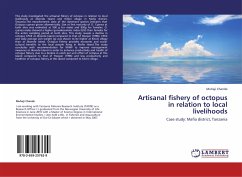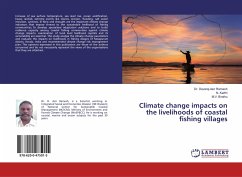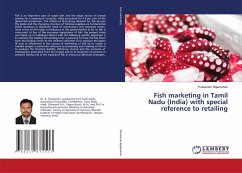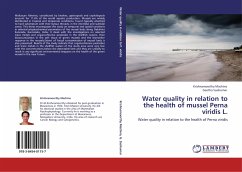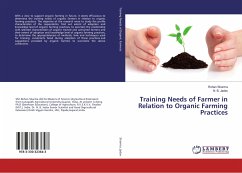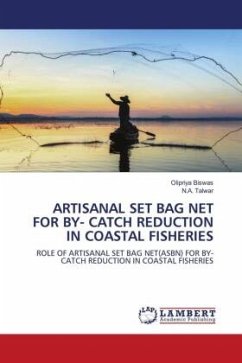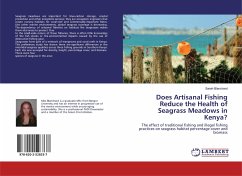This study investigated the artisanal fishery of octopus in relation to local livelihoods at Jibondo Island and Kitoni village in Mafia district, Tanzania.The morphometric data of the dominant species indicates that Octopus cyanea grows allometrically. Size at first maturity of O. Cyanea at both sites was estimated at 500 g for males and 650g for females. O. cyanea males showed a higher gonadosomatic index (GSI) than females for the entire sampling period at both sites. This study reveals a decline in octopus CPUE at Jibondo Island compared to that of Hooper (1996). CPUE and daily average wet weight (g) was shown to be higher at Kitoni village than at Jibondo Island. Octopus fishery provides economic and social-cultural benefits to the local people living in Mafia Island.The study concludes with recommendation for MIMP to improve management measures at Jibondo Island in order to enhance productivity and health of octopus fishery, due to a decline in catch per unit effort of octopus at this Island compared to that of Hooper (1996) and less productivity and healthier of octopus fishery at this island compared to Kitoni village.
Hinweis: Dieser Artikel kann nur an eine deutsche Lieferadresse ausgeliefert werden.
Hinweis: Dieser Artikel kann nur an eine deutsche Lieferadresse ausgeliefert werden.

